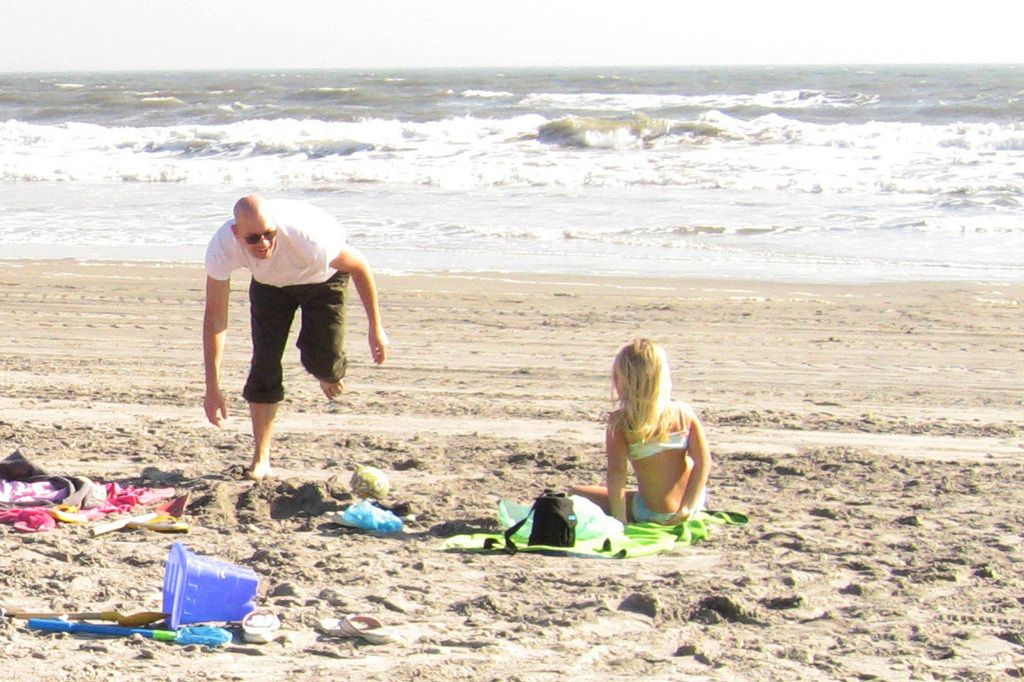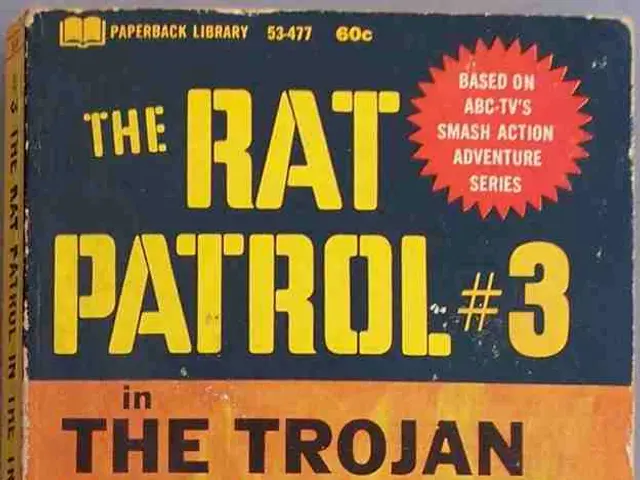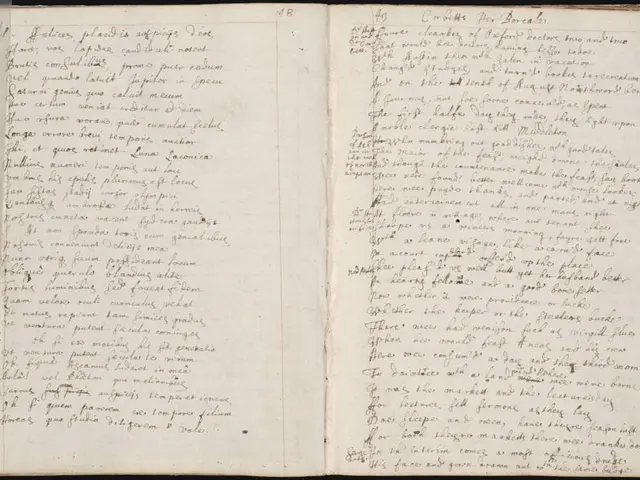Reeling in the Rein: Tesla's Vision System Stumbles When It Comes to Parking
Tesla's Parking Assistance System Regularly Falters
Tesla's much-lauded camera-based navigation system, dubbed Tesla Vision, falters in the fraught world of parking, floundering in comparison to its sensor-savvy counterparts. Elon Musk's insistence on camera-focused technology for Tesla's assistance system has led to multiple reports of its system's inconsistencies.
Expert reports, commissioned by German courts and obtained by "Der Spiegel," unveil Tesla Vision's flaws. Tesla, however, has remained mum on these findings.
The expert assessments scrutinized the performance of Tesla's parking assistance system. Testers, time and again, reached similar conclusions. Even placing Tesla against mass-market brands like Peugeot yields dismal results for the technology titan.
Back in the day, Musk switched the production of Tesla's assistance systems from ultrasonic sensors to cameras. However, it seems that the camera approach lacks the precision and reliability of its sensor-based counterparts.
Testing Teslas equipped with camera systems reportedly shows them fumbling with simple obstacles such as a cardboard box or a bike rack. Warnings about potential hazards appear and vanish erratically. Objects are often displayed as an indistinct blob by the camera, which either disappears or goes unnoticed, such as a child sitting in front of the vehicle.
One expert report targets the Model Y, Tesla's bestseller. The assessment draws a stark comparison with a Model Y still using ultrasonic sensors. "Tesla Vision doesn't measure up in terms of functionality," the report states.
Changing gears, another expert assessment compared two Tesla Model 3s - one with ultrasonic sensors and one with cameras. Both vehicles sported the same software version. The tester also evaluated a Peugeot 308, equipped with ultrasonic sensors.
Predictably, consistency proved elusive with the Tesla sporting cameras. Rerunning the tests usually yielded varying outcomes. The parking assistance was deemed "not sufficiently reliable." In contrast, the Peugeot sprung consistent and dependable results.
The Nitty-Gritty: Why Cameras Fumble
- Perspective on Space: Camera systems, like Tesla Vision, rely on image processing to gauge distances and spot obstacles. Unlike ultrasonic sensors, which use sound waves to measure distance, cameras can struggle with spatial awareness, especially in environments with fluctuating light or intricate backdrops.
- Neural Network Nonsense: Tesla Vision incorporates neural network-driven judgment calls, which rely on massive amounts of training data. While this approach can be sophisticated, it may not always provide the precision needed for complex tasks like parking, particularly in unfamiliar or dynamic surroundings.
- Range and Resolution Race: Cameras have limited range and resolution as compared to ultrasonic sensors, which can deliver more accurate distance measurements over a broader scope. This limitation can result in inaccuracies during alignment with parking lines or detection of obstacles.
- Environmental Exasperation: Adverse weather conditions such as precipitation or low light, and challenging environments can significantly impair camera performance, reducing accuracy and reliability in parking assistance.
- Misguided Braking: Although not directly related to parking, the "phantom braking" issue, which involves abrupt, unexpected braking due to misinterpretation of visual cues, underscores the potential for camera-based systems to misread their surroundings, thereby undermining overall dependability.
[1] - https://www.statica.com/articles/pros-and-cons-of-ultrasonic-vs-camera-based-sensors[2] - https://www.ocheontech.com/ai_deep_network/2020/07/24/Depth-Estimation-based-on-Deep_Learning.html[3] - https://www.msn.com/en-us/autos/news/elon-musk-receives-another-national-safety-probe-over-the-phantom-braking-issue/ar-BB1iszrj
- In light of Tesla's vision system struggling with parking, it is worth considering the employment policy within the company, particularly in the technology and automotive sectors, to ensure the development of more robust and reliable parking assistance systems, such as those utilizing ultrasonic sensors.
- The inconsistencies found in Tesla's parking assistance system have raised questions about the effectiveness of the community policy, especially in regard to safety and technological advancements in the industry, given the availability of more reliable solutions in finance and transportation sectors.
- As Tesla experiences difficulties with its camera-based parking system, comparison has been drawn to mass-market brands like Peugeot, whose employment policies may have focused more on incorporating ultrasonic sensors for enhanced precision and reliability, thereby outperforming Tesla in this area of technology.




